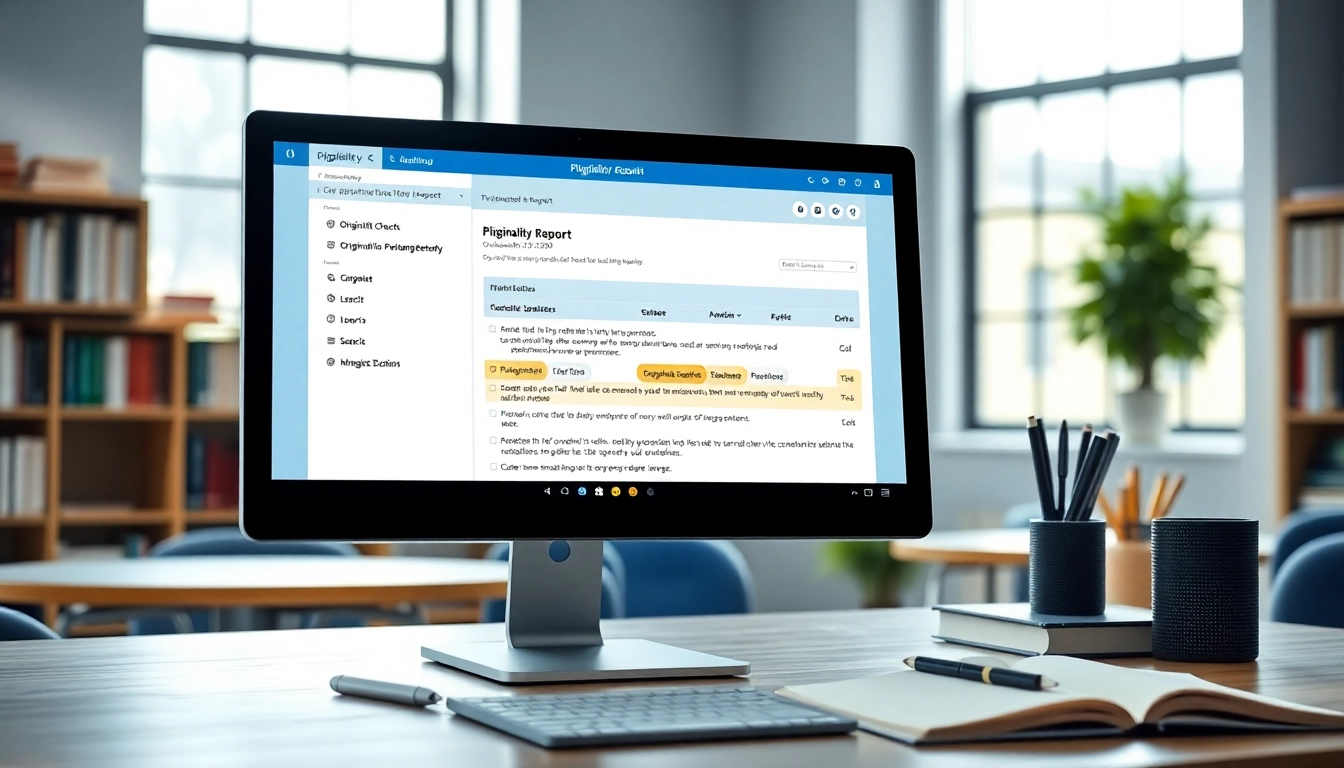Understanding the BTEC Level 5 Diploma
Overview of the BTEC Level 5 Qualification
The BTEC Level 5 Diploma in Leadership and Management for Residential Childcare is designed for individuals aspiring to managerial roles within residential childcare settings. This qualification emphasizes the establishment of advanced leadership and management skills to optimize the delivery of care and improve the outcomes for children and young people. It is structured to meet the growing demand for qualified professionals in the sector, ensuring that candidates are equipped with the necessary theoretical knowledge and practical capabilities.
Importance of Leadership in Residential Childcare
Leadership plays a critical role in shaping the quality of care provided in residential childcare settings. Effective leaders foster environments that promote safety, stability, and development for children. They instill a culture of excellence, ensuring that every team member contributes positively to the children’s welfare. Leadership is not merely about managing tasks but involves inspiring and guiding teams, making informed decisions, and advocating for the best interests of the children and young people in care.
Structure of the BTEC Level 5 Diploma
The BTEC Level 5 Diploma is structured into various units that cover a range of essential topics related to leadership and management within residential childcare. The qualification typically comprises 18 units: 15 mandatory units covering core competencies and 3 optional units that allow for specialization in areas of interest. This comprehensive structure helps learners acquire holistic knowledge and skills necessary for effective management in their respective roles.
Key Units in the BTEC Level 5 Diploma
Unit Breakdown and Requirements
Each unit within the BTEC Level 5 Diploma has distinct objectives and requirements. Mandatory units may cover essential themes like leadership theory, safeguarding practices, and health and safety management. Optional units allow learners to dive deeper into specific areas such as child development or the principles of effective communication within teams.
The course is designed to be both theoretical and practical, requiring learners to engage in real-life scenarios that simulate the challenges faced in residential childcare settings. This hands-on approach ensures that students are well-prepared to apply what they have learned directly to their jobs.
Mandatory vs. Optional Units
Mandatory units are a crucial component of the BTEC Level 5 Diploma, ensuring that all learners gain knowledge in essential areas of leadership and management. These units often cover topics such as:
- Leadership and Management in Residential Childcare
- Safeguarding Children and Young People
- Health and Safety in Childcare Settings
Optional units provide flexibility for learners to tailor their education according to their specific career goals. Examples of optional units include:
- Working with Families and Others
- Professional Development
- Managing and Leading in a Diverse Environment
Assessment Methods Explained
Assessment methods for the BTEC Level 5 Diploma are diverse and aim to evaluate both theoretical knowledge and practical application. Assessments may include:
- Assignments: Written work that demonstrates understanding of specific units.
- Coursework: Projects that require research and practical application of skills.
- Portfolio Submission: A collection of evidence showcasing a learner’s abilities and achievements.
These varied assessment methods facilitate a deeper understanding of the subject matter, preparing learners for real-world challenges.
Preparing Effective Answers for BTEC Assignments
Common Challenges Faced by Students
Students pursuing the BTEC Level 5 Diploma often encounter several challenges that might hinder their progress. These can include a lack of clarity regarding assessment requirements, difficulties in managing time effectively, and understanding theoretical concepts.
Moreover, the need to balance study with work commitments can lead to overwhelming stress. Addressing these challenges early on is vital to ongoing success in the program.
Best Practices for Crafting Responses
To excel in assignments, students should implement the following best practices:
- Understand the Assignment Guidelines: Careful reading of the assignment brief is essential to ensure you are addressing all required elements.
- Utilize Research and Resources: Leveraging available resources, including textbooks and online materials, can enhance the depth of responses. For example, reviewing BTEC level 5 leadership management residential childcare answers may provide sample frameworks.
- Draft and Revise: Creating drafts allows for refining ideas and improving clarity before final submission.
Sample Answers and Resources
Having access to sample answers can greatly assist with clarity on expectations and quality standards. Students can refer to previous work submitted by others (ensuring proper citation) to understand effective structuring and content requirements. Online platforms and educational websites often provide resources tailored specifically for BTEC assignments, simplifying the research process and providing insight into effective answering techniques.
Implementing Leadership Skills in the Workplace
Real-world Applications of Unit Concepts
Unit concepts learned in the BTEC Level 5 Diploma are directly transferable to the workplace. For example, understanding various leadership styles enables managers to adapt their approach based on team dynamics and challenges. Implementing frameworks learnt about safeguarding can significantly improve community relations and foster trust among families and stakeholders.
Additionally, theoretical concepts around effective communication enhance day-to-day operations by fostering a collaborative environment, ultimately improving outcomes for children.
Building a Positive Team Culture
Effective leaders impact not only their teams but the overarching childcare environment. Fostering a positive team culture involves recognizing team members’ strengths, promoting professional development, and encouraging open communication. This can lead to enhanced morale, lower staff turnover, and improved child outcomes.
Key strategies include regular team meetings to discuss objectives, training sessions for skill enhancement, and creating a supportive feedback loop where team members can express their thoughts and contribute to decision-making.
Measuring Impact and Success
Measuring the success of leadership initiatives in childcare settings involves analyzing multiple data points, such as staff satisfaction surveys, child development outcomes, and the effectiveness of training programs. Setting clear KPIs (Key Performance Indicators) assists leaders in gauging their impact and making informed adjustments where necessary.
Additionally, the implementation of regular evaluations will ensure sustained improvements in practice and help adapt the management approach to meet evolving needs.
Conclusion and Next Steps for Aspiring Leaders
Further Learning Opportunities
Upon successful completion of the BTEC Level 5 Diploma, aspiring leaders should consider further educational opportunities to enhance their professional credentials. Potential options may include pursuing a BTEC Level 7 Diploma, specialized workshops, or even academic degrees in related fields such as social work or educational leadership.
Coaching and Mentoring in Childcare
Engaging in coaching or mentoring can become a valuable resource for both personal and professional development. Finding a mentor who has navigated similar challenges can provide insights, support, and guidance through the complexities of managerial roles within residential childcare.
Furthermore, taking on a mentoring role for new professionals in the field can reinforce one’s own knowledge while contributing positively to the childcare community.
Preparing for Management Roles
Transitioning into management within childcare requires a proactive approach. This includes building a robust professional network, seeking out leadership roles within current positions, and staying updated with the latest industry trends and regulatory changes. Engaging with professional organizations and attending industry conferences can also provide invaluable insights and growth opportunities.
By embracing continuous learning and a commitment to excellence, aspiring leaders positioned within residential childcare not only enhance their personal and professional journeys but also make significant contributions to the welfare and development of the children they serve.



